In an extraordinary paleontological discovery, researchers in Australia have unearthed the largest dinosaur footprint ever found. This remarkable find was made in a region famously dubbed “Australia’s Jurassic Park,” revealing a treasure trove of dinosaur footprints that offer new insights into prehistoric life. The findings, published in the Journal of Vertebrate Paleontology, highlight the significance of this site along the Kimberley shoreline in Western Australia.
Unveiling the Giant Footprint
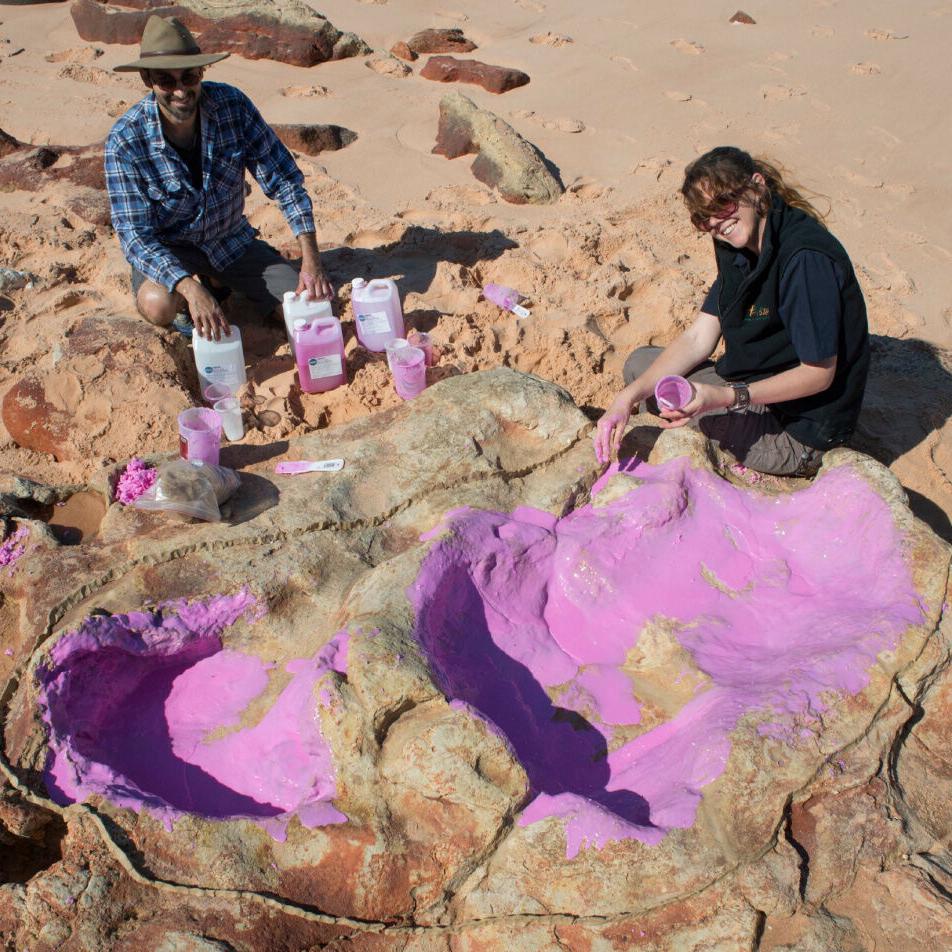
Researchers from the University of Queensland and James Cook University made the groundbreaking discovery while excavating in the Kimberley area. This region, known for its rich paleontological history, did not disappoint. The scientists discovered a footprint measuring an astounding 1.7 meters in length, dwarfing the previous record-holder—a 106 cm track found in the Mongolian desert.
A Rich Collection of Dinosaur Footprints
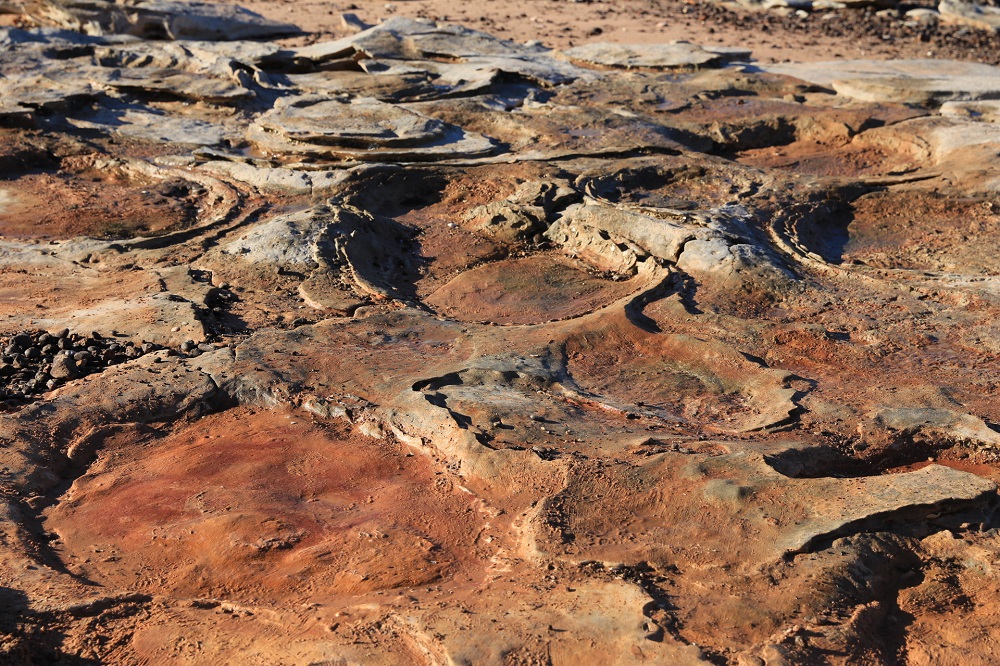
The Kimberley site revealed an impressive array of dinosaur footprints embedded in sandstone, many of which are only visible at low tide. This collection includes tracks from about 21 different types of dinosaurs, making it one of the most diverse assemblages of dinosaur footprints in the world. The prints offer a glimpse into a wide variety of dinosaur species that once roamed the area.
A Glimpse into the Cretaceous Period
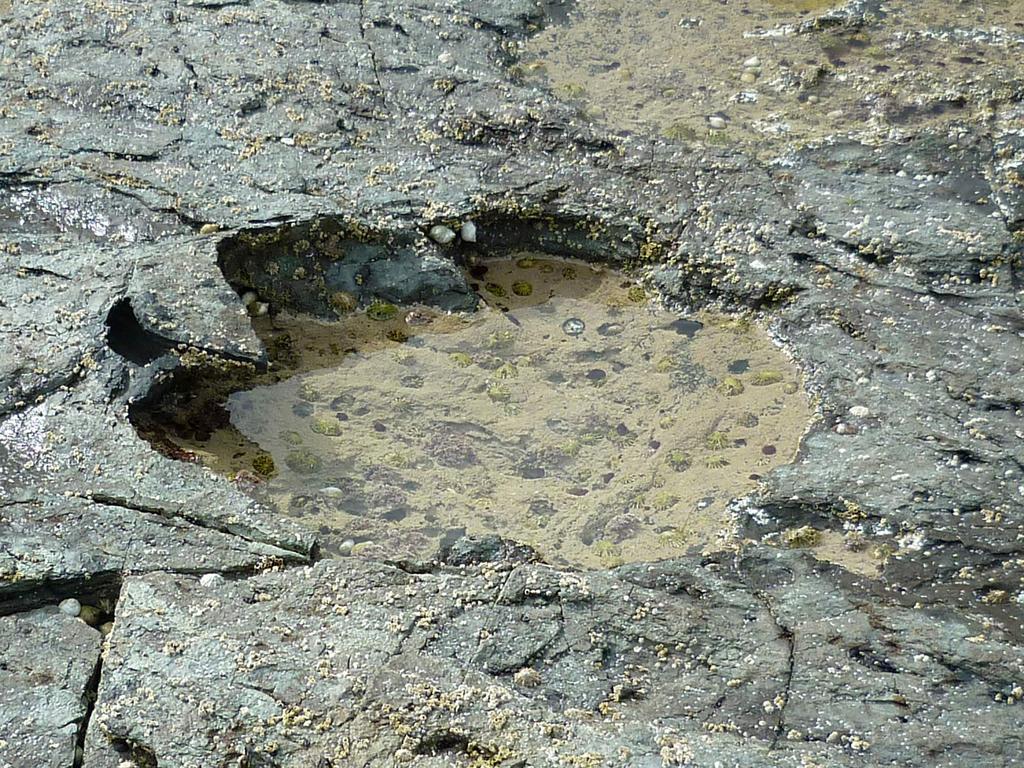
Steve Salisbury, a vertebrate paleontologist at the University of Queensland, emphasized the global significance of these findings. He described the site as the “Cretaceous equivalent of the Serengeti,” highlighting its unparalleled diversity. The footprints provide the primary record of non-avian dinosaurs in the western half of the continent, offering the only glimpse into Australia’s dinosaur fauna during the early Cretaceous period.
Diverse Dinosaur Species
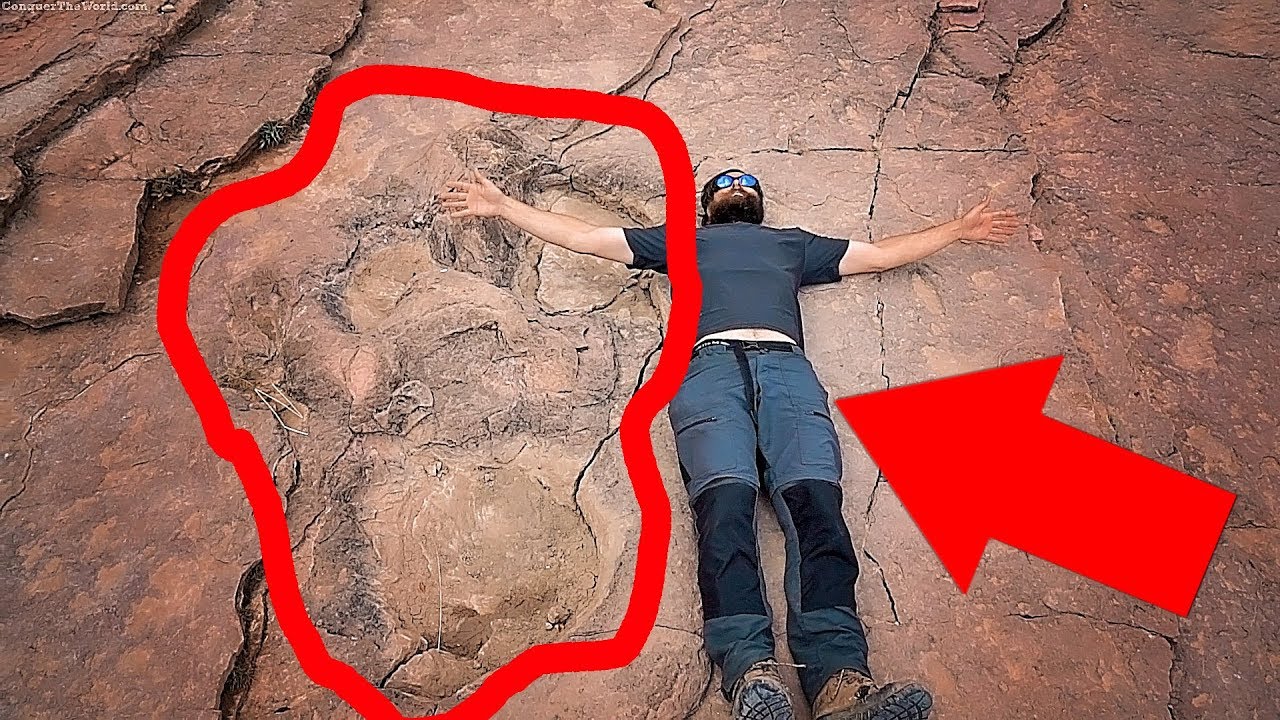
The footprints include tracks from sauropods, enormous herbivores with long necks and tails, and ornithopods, two-legged herbivores. Additionally, the site revealed tracks from six types of armored dinosaurs, including Stegosaurs, which had not previously been seen in Australia. These findings significantly enhance our understanding of the variety and distribution of dinosaur species during this period.
The Importance of Indigenous Collaboration
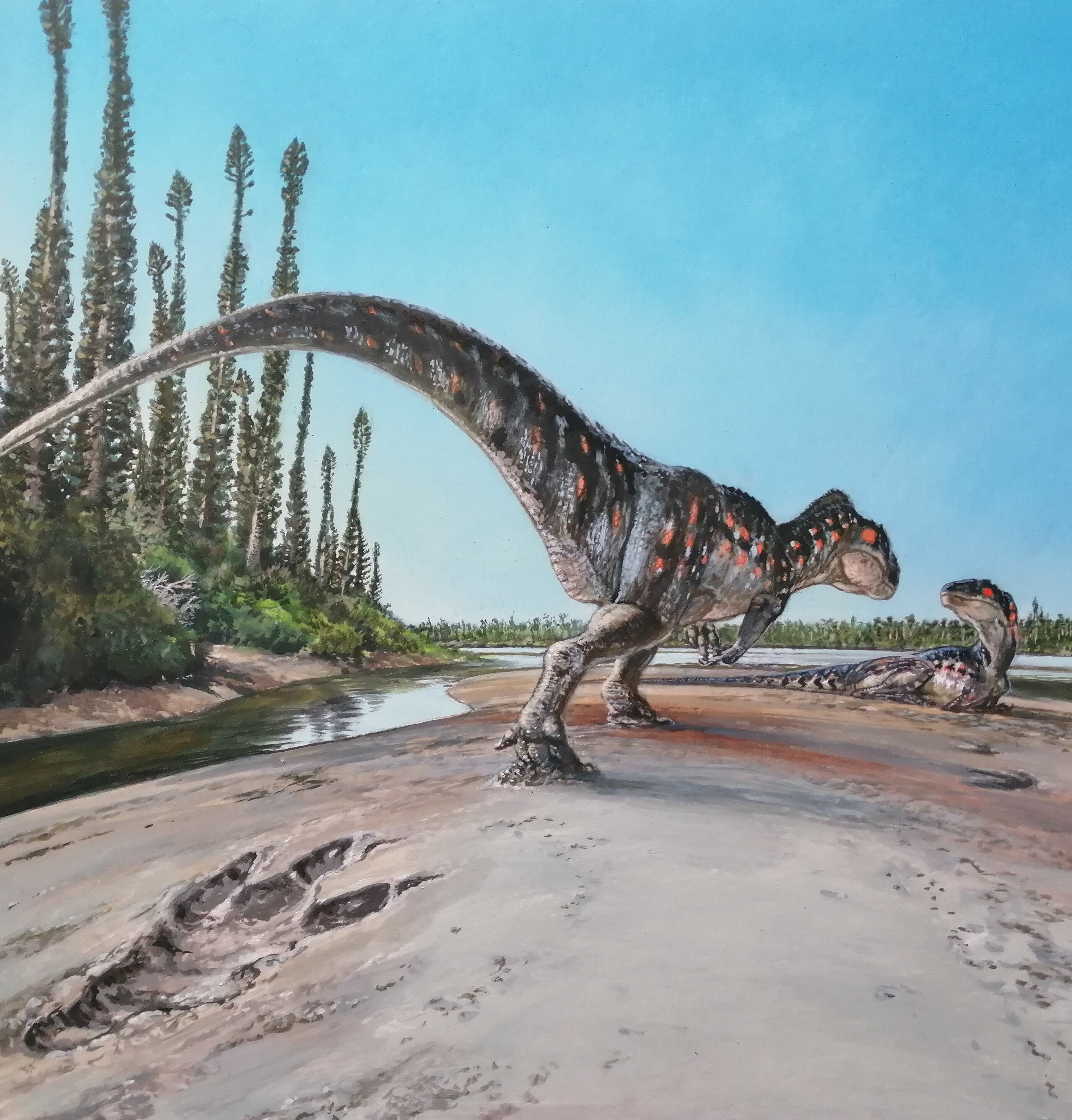
The discovery was prompted by the region’s selection as a site for a liquid natural gas processing precinct in 2008. The traditional custodians of the area, the Goolarabooloo people, who had long been aware of the prints, contacted Salisbury and his team to investigate. Working together, scientists and Indigenous representatives spent 400 hours documenting the footprints, ensuring the preservation of this invaluable heritage.
Conclusion
The discovery of the largest dinosaur footprint ever found, along with a diverse collection of other footprints, underscores the global importance of the Kimberley region in Western Australia. This site not only provides a unique window into the prehistoric past but also highlights the value of collaboration between scientists and Indigenous communities in preserving and understanding our natural history. The findings from this “Australia’s Jurassic Park” will continue to inform and inspire future research in paleontology.